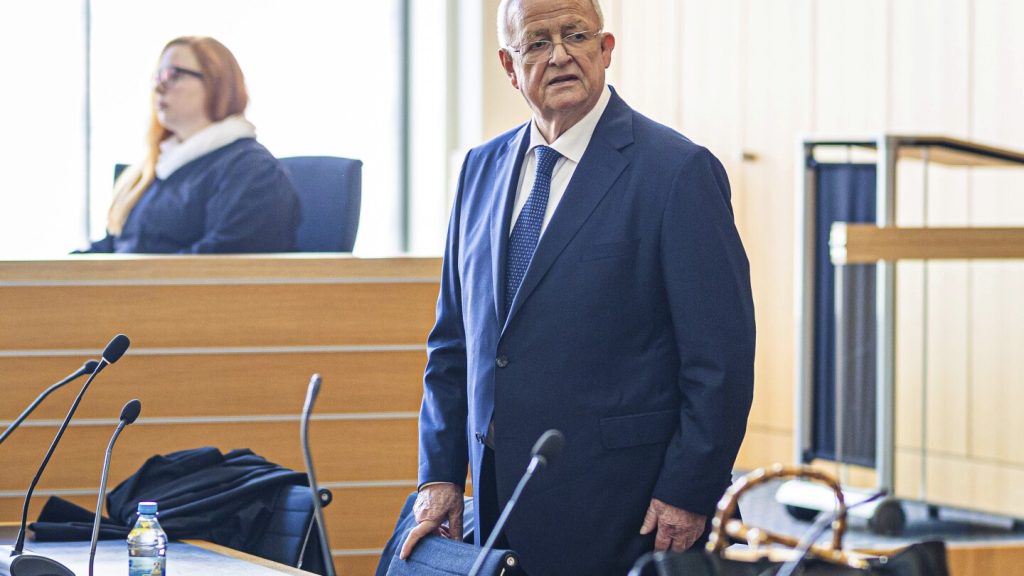Former Volkswagen Group CEO Martin Winterkorn has gone on trial for charges of fraud and market manipulation related to the company’s diesel scandal. Prosecutors claim that Winterkorn was aware of the illegal software that allowed Volkswagen cars to cheat on emissions tests well before it was publicly disclosed in September 2015. Winterkorn, who resigned shortly after the scandal became public, denies the allegations against him and his attorney maintains that his position as CEO does not make him responsible for all aspects of the scandal. The trial was initially scheduled for 2021 but was postponed due to Winterkorn’s health issues.
The Volkswagen diesel scandal had significant consequences for the company and the auto industry as a whole. Volkswagen paid over 31 billion euros in fines and legal settlements, and sales of diesel-powered cars in Europe plummeted. Winterkorn is facing three sets of charges, including defrauding auto purchasers by selling cars with illegal software, stock-market manipulation for withholding information from investors, and making false statements before a parliamentary commission in 2017. If convicted, he could face up to 10 years in prison. The trial is expected to continue through September 2025, with a substantial amount of evidence included in the case file.
Prosecutors allege that Winterkorn was aware of the issue as early as May 2014 but allowed the practice to continue, resulting in the sale of rigged cars that emitted higher levels of harmful pollutants. The software at the center of the scandal manipulated emissions controls during testing to appear compliant with regulations, but reverted to higher emissions levels during regular driving. This allowed the cars to emit more nitrogen oxide than permitted, which can have negative health effects such as irritating airways and contributing to conditions like asthma. The scandal affected millions of vehicles in both Europe and the US, dating back to as early as 2006.
Winterkorn’s trial is a complex and lengthy process, with court sessions scheduled to continue for several years due to the extensive amount of evidence involved. The fraud indictment alone spans 692 pages, including details related to the other defendants involved in the case, while the overall case file consists of 300 volumes with 75,000 pages of supporting documents. Winterkorn’s defense team continues to assert his innocence in the face of the charges brought against him, and the trial will be closely watched by stakeholders in the automotive industry and beyond. The outcome of the trial could have significant implications for accountability in corporate scandals and the regulation of emissions in the auto sector.


